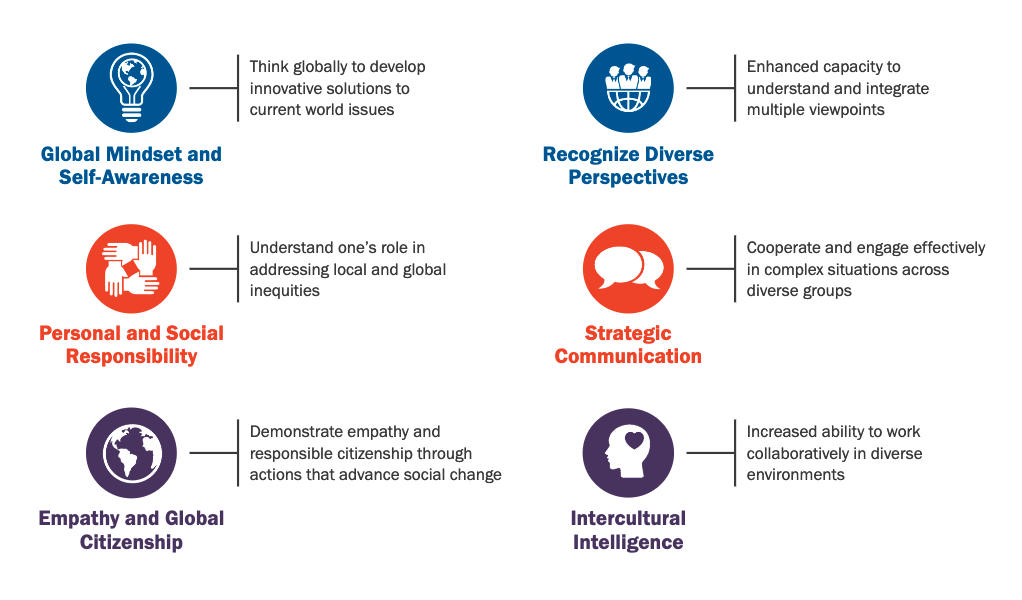Program Learning Outcomes and Curriculum
Your program curriculum is designed to ensure graduates acquire the essential skills, knowledge, and attitudes appropriate and relevant to both the needs of students and employers.
Program Vocational Learning Outcomes
Program vocational learning outcomes describe what graduates of the program have demonstrated they can do with the knowledge and skills they have achieved during their studies. The outcomes are closely tied to the needs of the workplace. Through assessment (e.g., assignments and tests), students verify their ability to reliably perform these outcomes before graduating.
The program vocational learning outcomes for the HRAC programs are:
Heating Refrigeration and Air Conditioning
- Relate effectively to heating, refrigeration, and air conditioning supervisors, co-workers, and customers.
- Work safely and in accordance with all applicable acts, regulations, legislation, and codes to ensure personal and public safety.
- Select and use a variety of heating, refrigeration, and air conditioning tools and equipment safely and properly.
- Solve math and applied science problems required to effectively install and maintain heating, refrigeration, and air conditioning systems, and associated components.
- Prepare and interpret electrical, mechanical, and piping drawing.
- Install, service, and troubleshoot heating, refrigeration, air conditioning systems, and associated components.
- Develop strategies for ongoing personal and professional development that will lead to enhanced work performance and career opportunities, and keep pace with industry changes.
- G3 Curriculum Standard.
- Level 1 Apprenticeship Standard.
- Level 2 Apprenticeship Standard.
Essential Employability Skills Outcomes
Essential Employable Skills (EES) are skills that, regardless of a student’s program or discipline, are critical for success in the workplace, in day-to-day living, and for lifelong learning. Graduates will reliably demonstrate abilities in six skill categories:
| Skill category | Defining skills: Skill areas to be demonstrated by graduates: |
Learning Outcomes: The levels of achievement required by graduates. The graduate has reliably demonstrated the ability to: |
|---|---|---|
| Communication |
|
|
| Numeracy |
|
|
| Critical thinking & problem solving |
|
|
| Information management |
|
|
| Interpersonal |
|
|
| Personal |
|
|
Global Citizenship and Equity Learning Outcomes
There are six Global Citizenship and Equity (GCE) learning outcomes integrated into Diploma and Advanced Diploma programs as a component of Centennial’s Signature Learning Experience (SLE). The SLE reflects the College’s promise to provide students with a distinctive and inclusive educational experience that builds on a foundation of global citizenship, equity, and social justice. Certificate and Graduate Certificates also include at least two GCE learning outcomes. The GCE learning outcomes are:
- Identify one’s role and responsibilities as a global citizen in personal and professional life.
- Identify beliefs, values and behaviours that form individual and community identities and the basis for respectful relationships.
- Analyze issues of equity at the personal, professional, and global level.
- Analyze the use of the world’s resources to achieve sustainability and equitable distribution at the personal, professional, and global level.
- Identify and challenge unjust practices in local and global systems.
- Support personal and social responsibility initiatives at the local, national, and global level.
Global Citizenship and Equity Portfolio
As a component of the SLE, Diploma and Advanced Diploma program students will complete the Global Citizenship and Equity (GCE) Portfolio. Building the GCE Portfolio is a process of documenting your GCE learning. Each item selected for inclusion in the portfolio demonstrates growth and understanding of Global Citizenship and Equity within your program of study.

Students are encouraged to develop their GCE Portfolio beginning in their first semester. You will add artifacts from coursework and accompanying reflections as well as artifacts arising from co-curricular activities, volunteering, etc. to your portfolio as you progress through the program. You are encouraged to use the ePortfolio tools available on eCentennial, as well as to develop an online professional portfolio presence through LinkedIn and/or other personal websites/blogs.
Curriculum Frameworks
In just two years, Centennial College’s Heating, Refrigeration and Air Conditioning Technician program will prepare you for a career in the field.
In the Heating, Refrigeration and Air Conditioning Technician program’s courses, you’ll acquire a broad knowledge of the design, installation and service techniques of heating and air conditioning systems for commercial and residential settings. To ensure you’re fully prepared for your career, you’ll gain the know-how you need through hands-on activities, learning to maintain, size, and select equipment for air conditioning and refrigeration application.
